About Calvin Boender
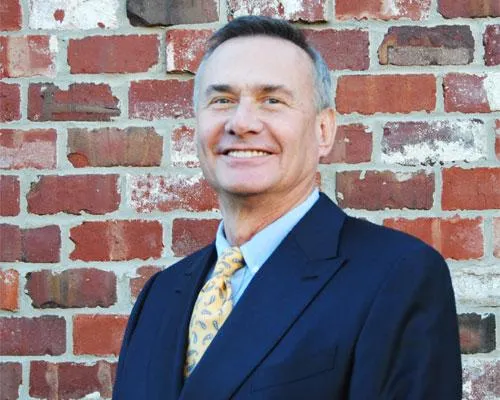
My Life
Calvin D. Boender was raised in the Dutch Christian Reformed area of Highland, Indiana. After high school, he attended Calvin College in Grand Rapids, Michigan, for three years and thereafter graduated from Grand Valley State College, Allendale, Michigan, in December, 1978, with a bachelor's degree with honors in political science.
For the past 35 years, he has focused his attention on real estate by successfully investing in and redeveloping residential, commercial and industrial properties. He has now turned his quick mind and strong business acumen to developing Renew Biomass into a market leader.
Cal has been a major contributor to various philanthropic causes and non-profit organizations addressing the needs of children and less-fortunate individuals. He resides in the suburbs of Chicago with his wife and two dogs, where he enjoys reading and biking.
Agricultural Real Estate
I am currently focusing on developing solutions to future challenges of the agricultural real estate market. One of the ways that I am doing this is with a company named Renew Biomass
Renew Biomass is an innovative company dedicated to rural America. In our current project areas we have worked with over 150 farmers to establish more than 8,000 acres of Miscanthus crop. You will find our independently owned and operated farms spread out over southwest Missouri, central Missouri and northeast Arkansas. Our corporate office is located in Springfield, Missouri with a conversion facility in operation nearby and another slated in the coming years.
Renew Biomass is a wholly owned subsidiary of M-Fiber. Through our subsidiary [Renew Biomass], M-Fiber is dedicated to sustainable farming practices throughout the communities we support.
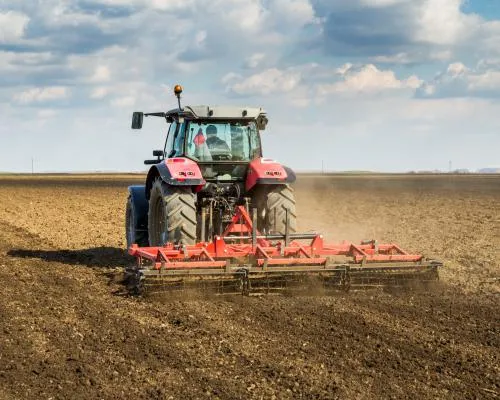
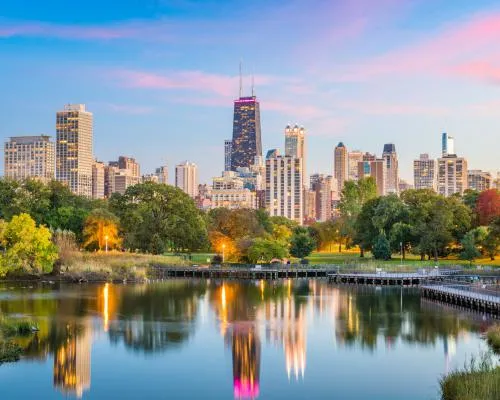
Calvin Boender
The experiences from my early life have provided many valuable opportunities that I have benefited from throughout my career. Being a garbage truck driver, in itself, was not a substantial experience, but it taught me the Chicago street grid. This knowledge has been fundamental when looking for real estate development projects in the city. Likewise, getting a degree in political science did not offer me career options such as becoming a doctor, lawyer, or engineer. My college education, though, was critical to my development as an individual, and it put me in a position to meet my first business partner, Doug Masolink.
Timing Is Everything
I learned a valuable lesson in my 30 years of business: a businessman, no matter how great or small, must float along with the waves of growth. From 1979 to 1990, without knowing, I obeyed this natural law of business. In the early 1990s, however, while America was in a recession, I pushed into suburban real estate and failed. I realized that I was not the sole power driving my financial success. The economic cycles were, in fact, absolutely in control. If my goal was continued success, I recognized that I should never try to flow against these cycles. Since then, I have made understanding the underlying historical cycles in the marketplace an essential aspect in my business decisions.
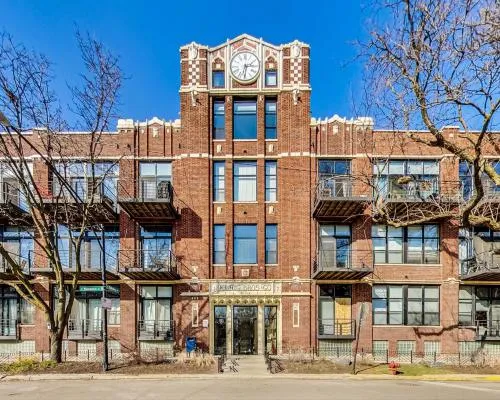
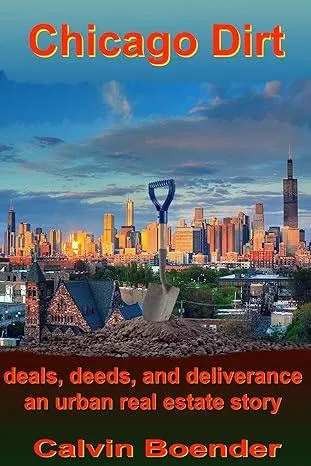
My Book
Chicago Dirt is the autobiographical story of Calvin Boender's assent in the gritty world of Chicago real estate from the early 1980s through the boom and bust of the real estate bubble.
Starting out by rehabbing historic buildings in the DePaul area to high-rise condo developments in Chicago's Loop, Calvin Boender recounts the many invaluable lessons he has amassed, sometimes in the hardest manner, along the way. Readers will gain a first hand knowledge of the world of large scale urban and suburban property development as Boender relates his varied experiences while a major force in Chicago real estate. He lays out the critical lessons, some successes and some failures, learned along the way and how these lessons can be utilized in any business situation. Each chapter in this fascinating account ends with a detailed approach to understanding and utilizing these real world examples.
About the author: Calvin Boender began his pioneering journey through the Chicago real estate landscape in the early 1980's by rehabbing historic properties in Chicago's DePaul neighborhood. He continued to prosper in all sectors through the boom, and ultimate crash in the 2000's. Boender now focuses his energy and knowledge on the impacts of agricultural real estate and is a guiding authority on how it will play a vital role in the future of global economics.
Click here to purchase my book.